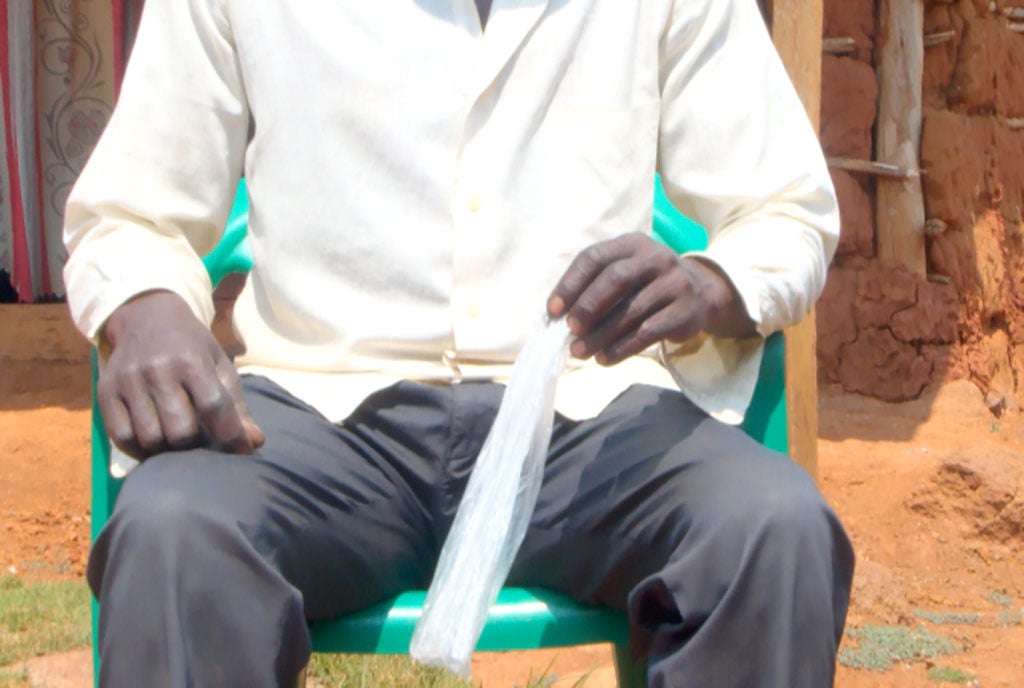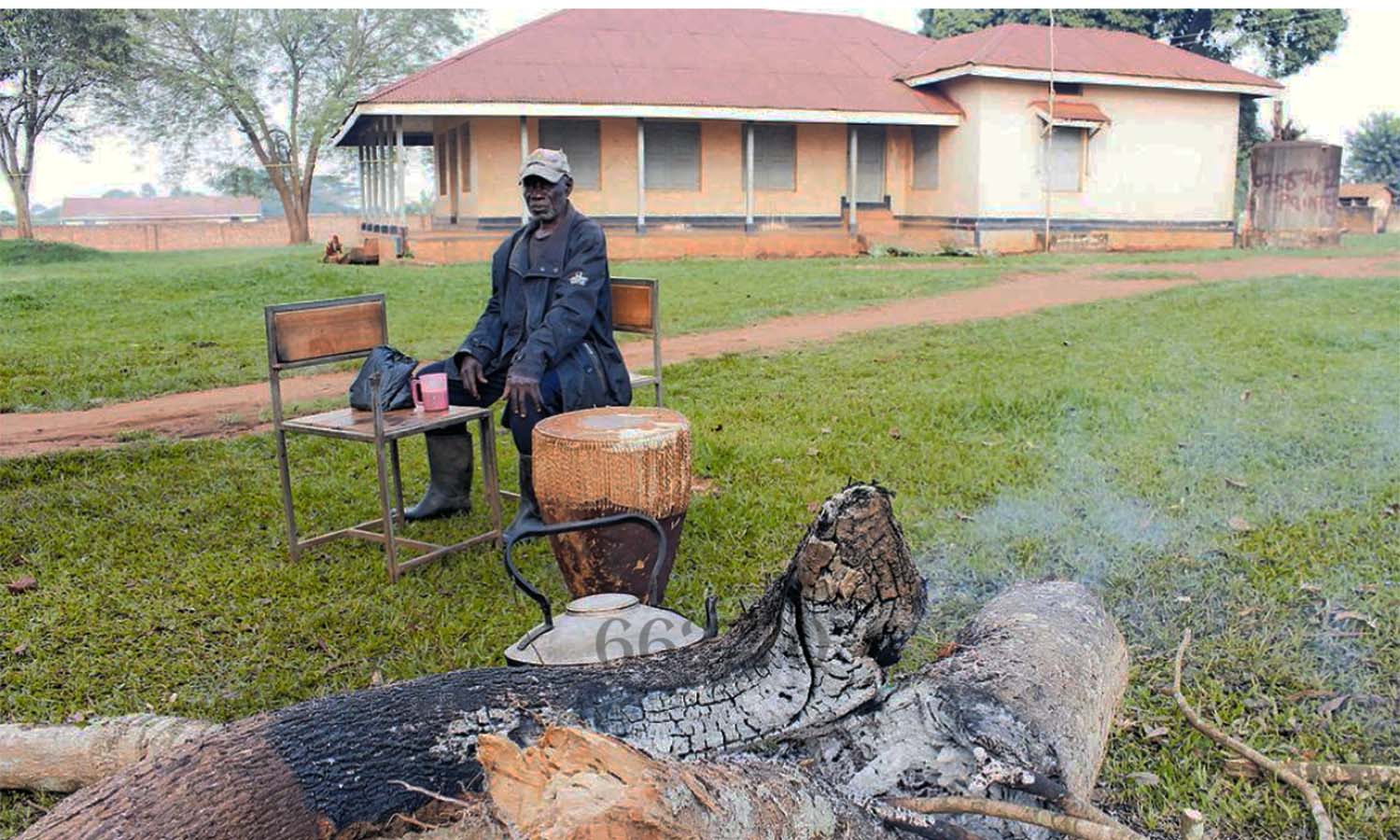
Scientists test drugs at the National Drug Authority quality control laboratory in Kampala. PHOTO/FILE/TONNY ABET
Researchers at the Makerere University Walter Reed Project (MUWRP) have announced plans to recruit volunteers for a groundbreaking study on HIV/AIDS treatment.
This study will explore the potential of drug holidays—planned breaks from medication—as a strategy for managing the disease and investigating the possibility of a cure.
A drug holiday, also referred to as treatment pause or break, is when a patient stops taking medication for a period of time; anywhere from a few days to many months or even years.
The researchers and persons living with HIV (PLHIV) said the analytical treatment interruption study, if positive results are obtained, would bring great relief and reduce spending on antiretroviral (ARV) drugs.
Dr Hannah Kibuuka, a researcher at MUWRP, emphasised that while the study will examine the feasibility of drug holidays, the primary goal is to find a cure for HIV.
“This is research in PLHIV who are on antiretroviral therapy (ART) and are suppressed. Then their ART is paused to be able to test other interventions to determine if the virus can be completely suppressed, or if it is suppressed to an acceptable level for a long period,” she explained.
Dr Kibuuka said once ART is stopped, immune-related therapies will be applied to see “if we can enhance the immune system so that ART can be stopped and people don’t have to be on ART forever.”
“But this is still research [it is not an approved treatment method]. It is going to be a very well-controlled clinical trial where we enrol PLHIV and pause their ART. This will not enrol everybody, there are criteria,” she explained.
“Currently, what is there is broadly neutralising antibodies so we give broadly neutralising antibodies or in addition a vaccine. These are all manipulating the immune system [to fight and suppress the HIV] and then we monitor these people to determine how long they can be without ART then we can determine if they can be cured eventually,” she added.
There are two types of treatment interruptions, namely structured treatment interruption, and analytical treatment interruption. Under structured treatment interruption, there are no interventions that are used when ART is interrupted.
“For the analytical treatment interruption, there are two outcomes we are looking at: time to rebound (when the viral load starts to rise) like it is in structured interruption,” Dr Kibuuka noted.
“But we also want to determine if these interventions that we apply once we pause the ART are not completely suppressing the virus, at the level of the virus can we be comfortable to continue pausing the ART?” Dr Kibuuka explained.
ALSO READ: Government approves new HIV injectable drug
The researcher said this study will be done by all sites that are undertaking the HIV cure research initiative called DELIVER or Developing Leadership and Innovation in Viral Eradication Research, aimed at developing the capacity of laboratories.
“After this capacity is established, we are going to participate in HIV-cure research, specifically the analytical treatment interruption HIV research. This is already happening in Thailand and it is coming here in Uganda, East Africa,” Dr Kibuuka added.
The DELIVER initiative is funded by the US Division of AIDS of the National Institute of Allergy and Infectious Diseases, according to details from the website of the US Military HIV Research Program (MHRP).
“DELIVER will focus on developing laboratory and clinical site infrastructure to build capacity to conduct long-term HIV remission studies in countries most impacted by HIV,” the information reads.
Among the countries mentioned by the MHRP as partners are Kenya, Mozambique, Nigeria, Tanzania, Uganda, Thailand, the Philippines, and Brazil which will participate in the initiative.
Although Uganda’s current HIV treatment guidelines do not recommend treatment interruptions, the researchers assure that this will be a well-controlled study approved by the government.
Participants will be closely monitored, and their ART will be restarted if their viral load begins to rise.
Community speaks
Mr Moses Nsubuga, a musician and HIV advocate who has lived with HIV since 1994, appealed to the community to follow the development and embrace the study because of the potential benefit.
He said there have been issues of kidney problems and effects on other internal organs among people who take ARVs for long.
“So, if there is a chance of the doctors putting me off treatment for a year-and-a-half using this method, and then they put me back for another year-and-a-half, what’s wrong with that? Why don’t you give it a chance? Secondly, what if the donors say there is no money? If they obtain good results, the spending on medicine will also go down,” he added.
However, some PLHIV express concerns about the risks associated with treatment interruptions, fearing that their viral load could spike and lead to severe illness.
Mr Nsubuga, who has been involved in developing treatment interruption initiatives, assured that guidelines are in place to monitor participants’ viral loads and protect their partners from the risk of HIV transmission through the provision of pre-exposure prophylaxis (PrEP) if needed.
“But the challenge is that the community doesn’t know about these guidelines. The communication units should organise dialogues to sensitise the community about these guidelines,” he said.
Dr Betty Mwesigwa, the MUWRP deputy director, who is involved in another HIV cure research initiative dubbed HOPE Collaboratory or HIV Obstruction by Programmed Epigenetics, said they are using the initiative to silence and permanently remove HIV from the body using gene-editing techniques.
“In HOPE Collaboratory, we want to block, lock and excise the virus so that it doesn’t wake up. We want to take away ART and the virus will not wake up,” she explained.
She also explained that the scientists intend to change the DNA of latent HIV (virus hiding in an inactive form) with gene editing approaches to permanently destroy the virus.
HIV/AIDS prevalence
Uganda is still grappling with a high HIV/Aids burden. The government’s Annual Joint AIDS Review Report released this year shows a total of 51,516 new HIV infections were registered in the 2022/2023 Financial Year, indicating an unmet target of reducing annual HIV infections to around 20,000.
In the same report, the number of Aids-related deaths stood at 17,337 in the 2022/2023 Financial Year, a figure that remains high when compared to the government’s target of reducing annual AIDS-related deaths to at least 10,000.








